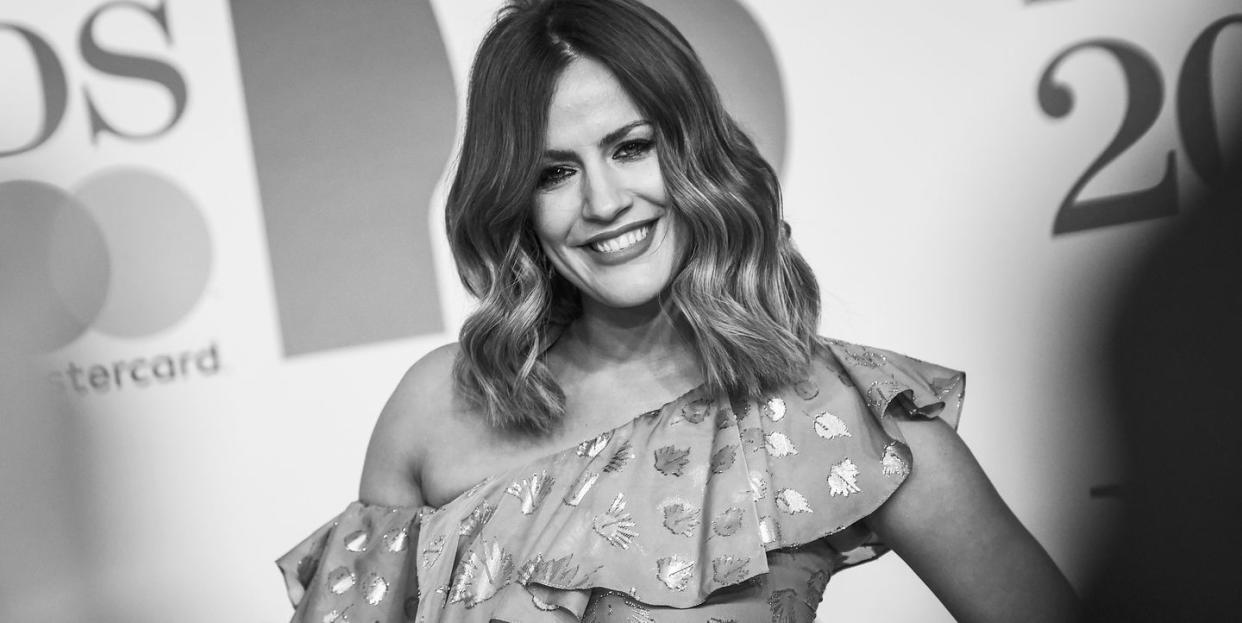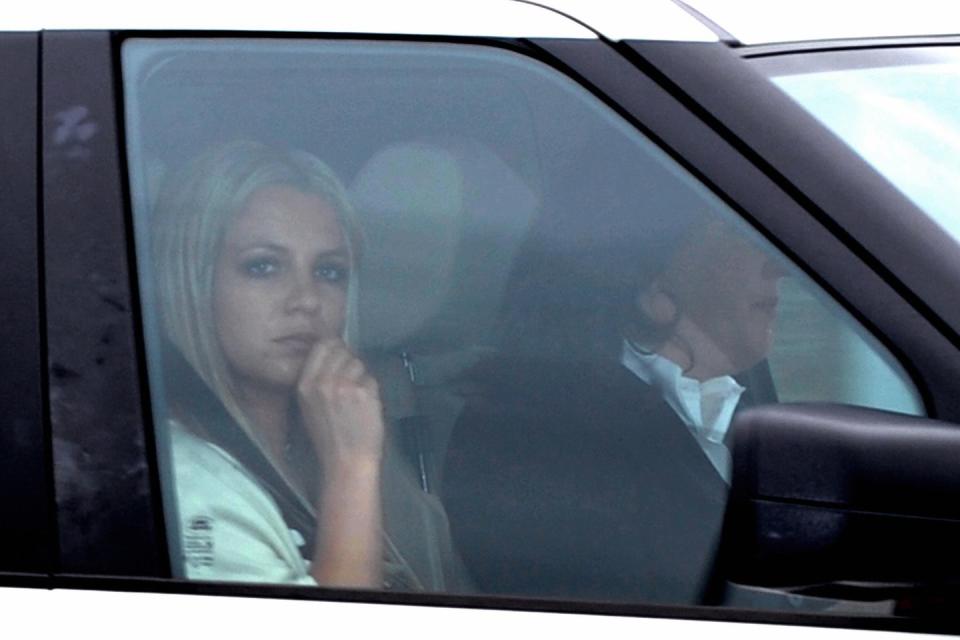A year on from Caroline Flack’s suicide, we have learnt nothing about being kind

“In a world where you can be anything, be kind” – so read one of Caroline Flack’s final Instagram posts, shared just two months before her suicide. Flack’s death prompted the rise of the #BeKind hashtag, initially launched by Lucy Alexander in 2017 after her son took his life following years of being bullied. The tabloids quickly deleted recent online articles that had, only weeks or days before, shamed and berated her, and in their place called for kindness. A new Channel 4 documentary about her life highlights just how much pain she was in by the time the end came.
Thousands of us shared Instagram posts pledging to be more compassionate. We acknowledged with a stomach-churning sadness that Flack was the latest victim in a long line of women who were scrutinised and hounded by the press during a time of personal crisis to the extent where they themselves broke. Some of us reflected uncomfortably on how we too had pored over these headlines and discussed them with friends. The horrible truth was that there was no sole villain in the presenter's death – not just the press, not just social media, not just the police or prosecutors for their handling of her alleged crime – the moral persecution and torment that Flack faced involved all of us. We watch the fall of the celebrities, especially famous young women, with a dark fascination. We become bloodhounds, baying for the carcass of someone who is often too vulnerable and broken to escape. Anyway, we vowed to be better and shared the #BeKind hashtag liberally.
A year on from her death, it seems that we have learnt very little about the power of kindness. Society’s history of persecuting famous young women in crisis is deep-rooted and far-reaching. We have mistreated so many women who deserved empathy and compassion, from Jean Seberg and Billie Holiday to Kesha and Amy Winehouse. Every time the consequences of this abuse is spelt out – for example, our complicity in the breakdown of Britney Spears in the recent New York Times documentary – we wince. And yet, we continue to play a role in the perpetuation of their torment. Women who have faced personal struggles, such as Lindsay Lohan and Mischa Barton, are still seen as fair ground to mock. Following news that the Duchess of Sussex is pregnant with her second child, a tabloid ran the headline: “Publicity-shy woman tells 7.67 billion people, ‘I’m pregnant’”. But go on, tell us again how online bullying is wrong. And let's not even get started on her interview with Oprah, which prompted accusations that she was lying about having felt suicidal.

We can’t keep only blaming the media, though. We, as the public, feed it by clicking on salacious stories, commenting viciously on social media or gossiping with friends. We watch TV shows where the young contestants are exploited and derided when they ‘go too far’. We ignore the suicides that ensue and pretend that they have nothing to do with the mistreatment they faced beforehand. The press run these stories and production companies cast these shows because they’re profitable – because they drive traffic, sell newspapers and raise viewing numbers. We are all part of the problem.
Beyond the vilifying of high-profile women, over the past 12 months, we have pilloried each other to shocking levels - we have forgotten context, compassion and empathy. We need those things more than anything in a pandemic; now we really need to be careful about the words we choose. It is so hard to apply those principles of kindness to one another in times of crisis, when we’re frightened, exhausted, angry or embittered, but never have they been so important. As we have seen from the public shaming of celebrities, rarely does berating or humiliating anyone prompt the desired effects. Rather, it can provoke mental health struggles, paranoia and anxiety. We might have clapped for the NHS, or dropped donations off at a food bank, but we have not always fairly treated those we know and hold dearly – perhaps we have judged too harshly, shamed without considering the context or fired too many jibes at those closest to us. A psychotherapist once told me that the more adamant you are that you're right about a certain situation, the less likely you are to be correct, because you're less likely to have considered the nuance or context of the situation. People mess up, especially when they’re under pressure or scared – it’s what makes us human. None of us have lived flawlessly.
The #BeKind movement should obviously not be misused to evade constructive criticism or as a way of escaping accountability, a strategy employed by a number of influencers who recently broke lockdown rules to holiday in Dubai. What is also true is that it’s unarguably easier to target individuals for perceived wrongdoings than it is to tackle structural issues or higher-level powers and organisations that might have led to the problem in the first place.
We need more humanity and more heart, not just towards the famous, but to one another. True kindness, for all its saccharine, soft associations, is a tough business. It requires work and mindfulness, and a willingness to dig deep in times of crisis. It also demands emotional intelligence, self-awareness, patience and a readiness to look inwards. As I say, being kind is not for the faint-hearted - it asks a lot from us. If we feel because of how we act, acting with generosity of spirit will only benefit us.
Kindness doesn’t mean being a push-over, nor does it mean not standing up for what you think is right. We can call someone out without ripping them to pieces or shouting. Do you really want to be the reason someone loses sleep or has a panic attack in times like these? It’s worth remembering before we vent, that words can be as painful as physically hurting someone - and that often, the impact can last far longer. Kindness is revolutionary – and we can all work harder at it.
In need of some at-home inspiration? Sign up to our free weekly newsletter for skincare and self-care, the latest cultural hits to read and download, and the little luxuries that make staying in so much more satisfying.
Plus, sign up here to get Harper’s Bazaar magazine delivered straight to your door.
You Might Also Like


